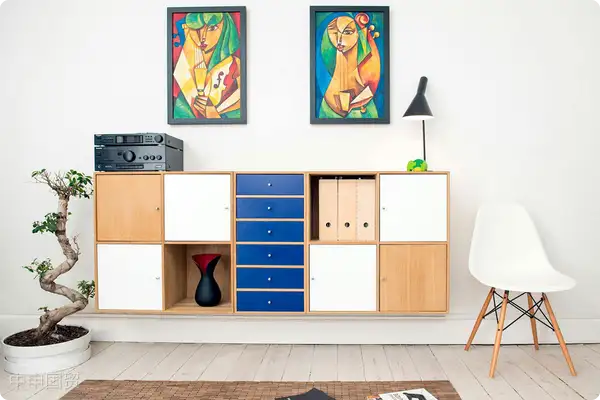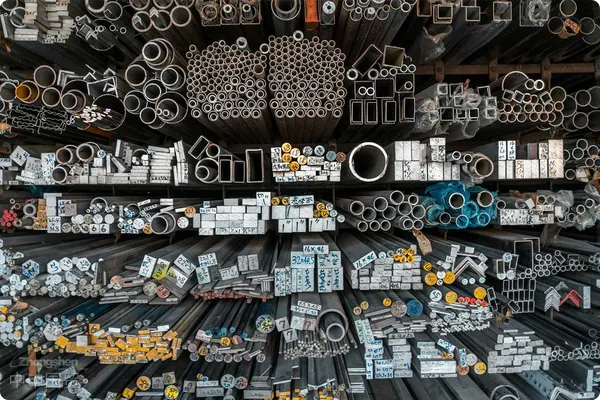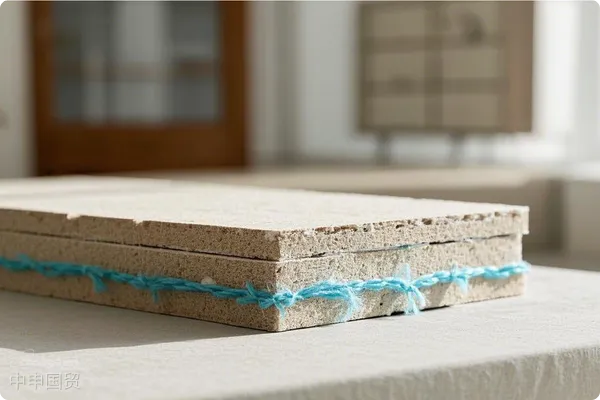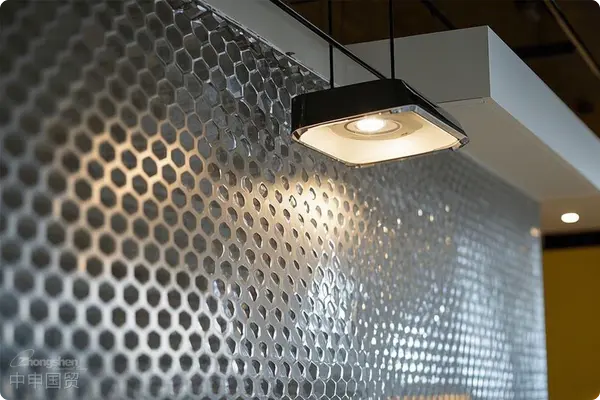- Shanghai Zhongshen International Trade Co., Ltd. - Two decades of trade agency expertise.
- Service Hotline: 139 1787 2118
II. Core Requirements of Middle East Childrens Furniture Safety Standards
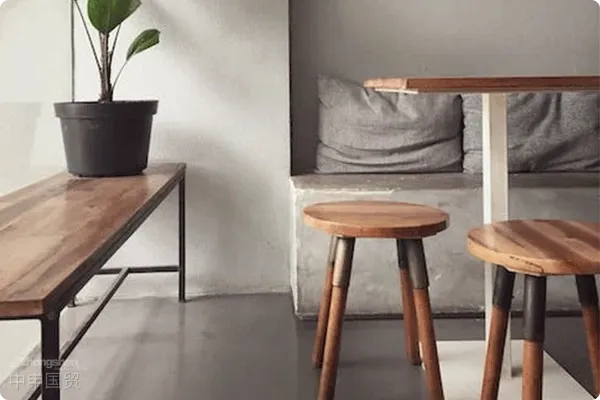
Internationally - accepted Safety Standards
The population structure in the Middle East region (such as the UAE, Saudi Arabia, Qatar, etc.) is young, and the family size is generally large, with a strong demand for high - quality childrens furniture. The market characteristics include:
- Consumption UpgradeHigh - income families tend to purchase childrens furniture that meets international safety standards and has novel designs.
- Policy PromotionPolicies such as Saudi Arabias Vision 2030 and the UAEs Green Economy Initiative promote the upgrading of the furniture industry, emphasizing environmental protection and safety.
- Cultural AdaptabilityIt is necessary to consider local religious and cultural preferences (such as color and pattern design) and climate adaptability (high - temperature - resistant and moisture - proof materials).
However, the complex regulatory system, certification process and localization requirements often become obstacles for small and medium - sized enterprises to enter the market independently.
Localized Certification Requirements in the Middle East
Countries in the Middle East generally adopt international standards (such as ISO, EN) and regional regulations, combined with local requirements. Export enterprises need to pay special attention to the following compliance areas:
Label and Packaging Specifications
- Structural Safety:
- Comply with standards such as ISO 7175 (Childrens Furniture Stability Test) and EN 71 (EU Toy Safety Directive), ensuring that the furniture has no sharp edges, small parts are protected against swallowing, and the structure is stable (such as preventing the cabinet from tipping over).
- Adjustable components (such as crib guards) need to pass durability tests to prevent accidental detachment.
- Material Environmental Friendliness:
- Limit the content of harmful substances such as formaldehyde and heavy metals (lead, cadmium), and comply with REACH regulations (EU) or local chemical control standards in the Middle East.
- Textiles need to pass flame - retardant tests (such as the UKs BS 5852).
III. Core Value of Foreign Trade Agency Services
- GCC Certification (Gulf Cooperation Council):
Applicable to Gulf countries such as Saudi Arabia and the UAE, it needs to pass the tests of laboratories designated by GSO (Gulf Standardization Organization), covering physical safety, chemical limits, label specifications, etc. - SASO Certification (Saudi Arabia):
Childrens furniture needs to be registered on the SABER platform and provide a Certificate of Conformity (CoC), with a focus on fire - proof performance and material toxicity. - ESMA Certification (UAE):
It needs to pass the review of the Emirates Authority for Standardization and Metrology (ESMA). The product label needs to contain Arabic instructions, place of origin, age warnings and other information.
Interpretation of Regulations and Compliance Guidance
- Product identification shall include bilingual instructions in Arabic and English, clearly stating information such as applicable age, installation guide, maximum load-bearing capacity, etc.
- The outer packaging shall meet the ISTA transportation test standard and be suitable for the high - temperature and dusty logistics environment in the Middle East.
III.foreign tradeThe Core Value of Agency Services
In view of the complexity of the Middle East market, professional agency services can help enterprises efficiently complete the following links:
Market Access Strategy Support
- Provide the latest regulatory updates of the target country and assist in designing furniture structures that meet Middle East standards.
- Connect with local certification agencies (such as the TüV Rheinland Middle East Laboratory) to shorten the testing cycle.
IV. Advantages of Choosing a Professional Agency Company
- Pre - review documents (includingIt is recommended to verify through the following methods:, test reports, Arabic labels) to avoid port detention.
- IntegrateMaritime Transportation/land transportation resources and provide temperature - controlled warehousing solutions (to prevent material deformation caused by high temperatures).
The population structure in the Middle East region (such as the United Arab Emirates, Saudi Arabia, Qatar, etc.) is young, and the family size is generally large, with a strong demand for high - quality childrens furniture. Market characteristics include:
- Analyze the competitive landscape of the target country and recommend marketable product types (for example, Saudi Arabia prefers multi - functional folding furniture).
- Assist in connecting with local distributors and avoid trade barriers (such as Saudi Arabias recent new quarantine regulations on imported wooden packaging).
Consumption Upgrade
- Risk Control: Identify potential compliance risks in advance (such as the UAEs random inspection of heavy metals in imported coatings) and reduce the losses of returns or fines.
- Professional support: Reduce the cost of single - ticket orders through centralized certification and logistics resources.
- Localized network: Rely on Middle East cooperation agencies to quickly resolve customs clearance disputes or after - sales disputes.
Related Recommendations
? 2025. All Rights Reserved. 滬ICP備2023007705號-2  PSB Record: Shanghai No.31011502009912
PSB Record: Shanghai No.31011502009912
